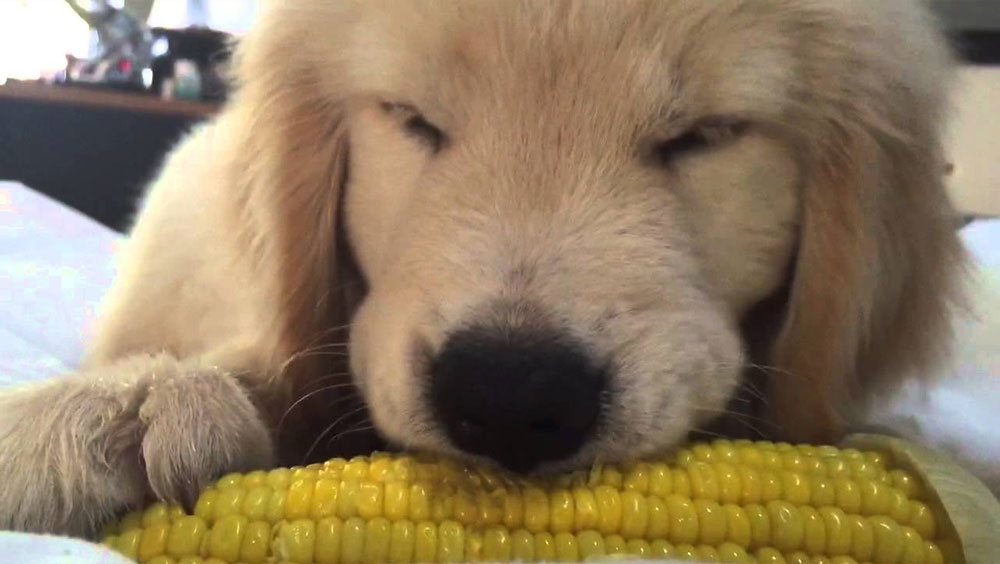Corn is a popular ingredient in many pet foods and meals, but can dogs eat corn directly? This common question concerns many pet owners, especially when summer barbecues and fresh corn on the cob are plentiful. In this article, we'll explore everything you need to know about feeding corn to dogs, including the health benefits, potential risks, and best ways to serve it safely.
Is Corn Safe For Dogs To Eat?
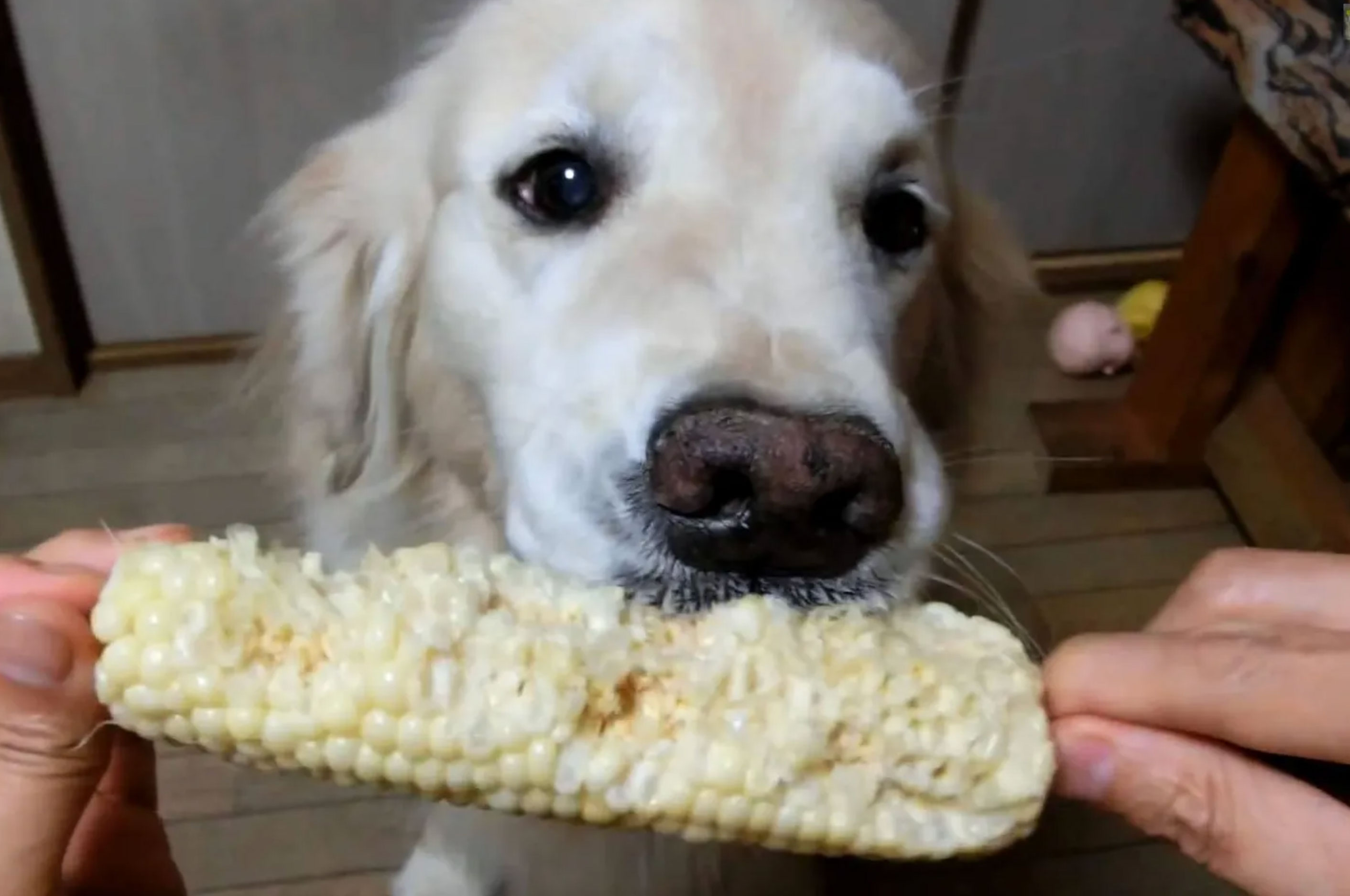
Yes, dogs can eat corn in moderation. Corn isn’t toxic to dogs and can actually offer some nutritional benefits when properly prepared. It contains carbohydrates, protein, fiber, and essential vitamins such as B-complex vitamins and antioxidants. However, how you feed your dog corn plays a significant role in whether it’s a healthy treat or a potential hazard.
Nutritional Benefits Of Corn For Dogs
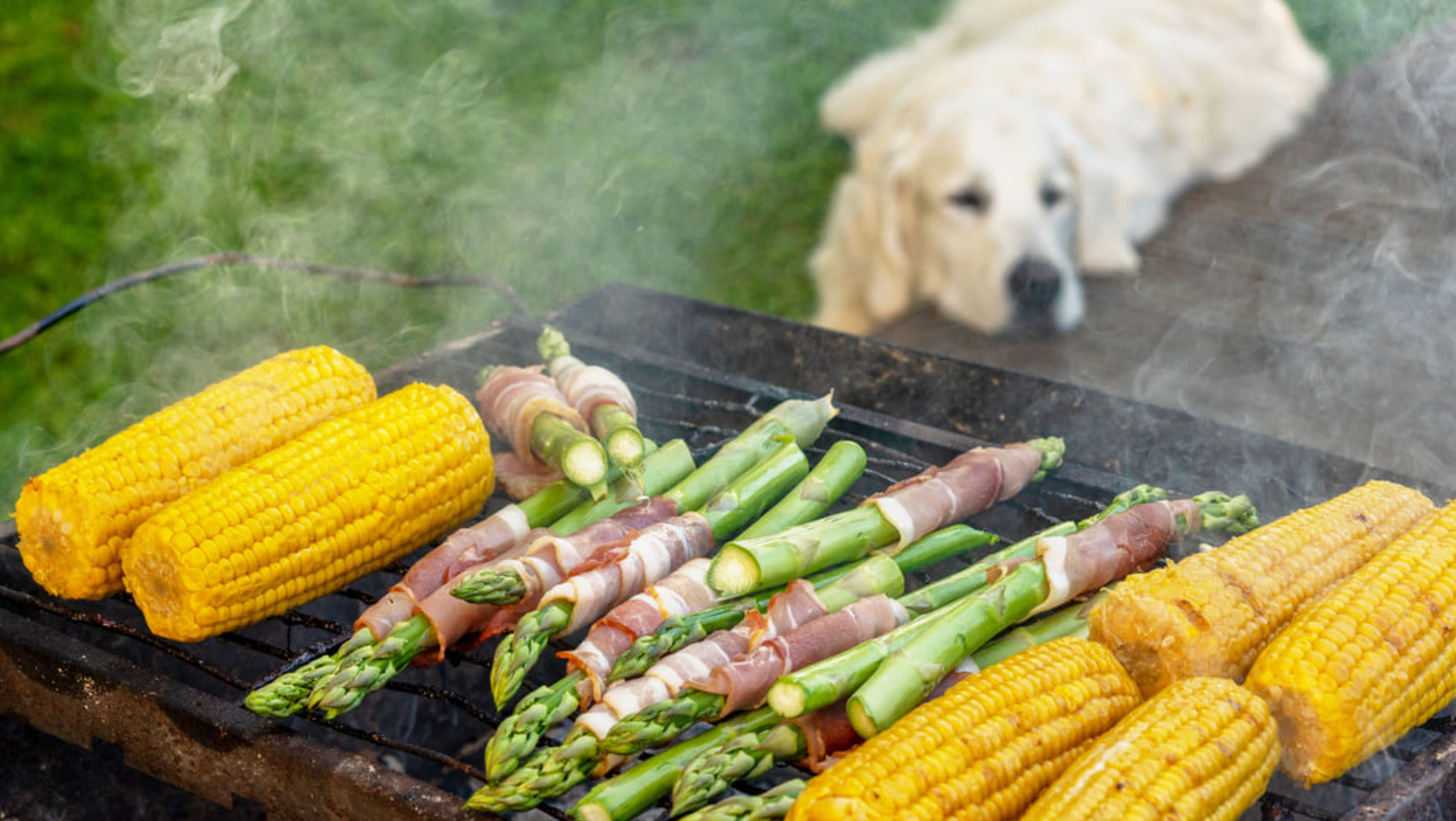
Corn is a source of beneficial nutrients for your dog when served in small amounts. It provides a good energy boost thanks to its natural carbohydrates. Corn also contains linoleic acid, an essential omega-6 fatty acid that supports healthy skin and coat. Some commercial dog foods use ground corn as a significant ingredient because it’s relatively easy to digest and inexpensive.
Can Dogs Eat Corn On The Cob?
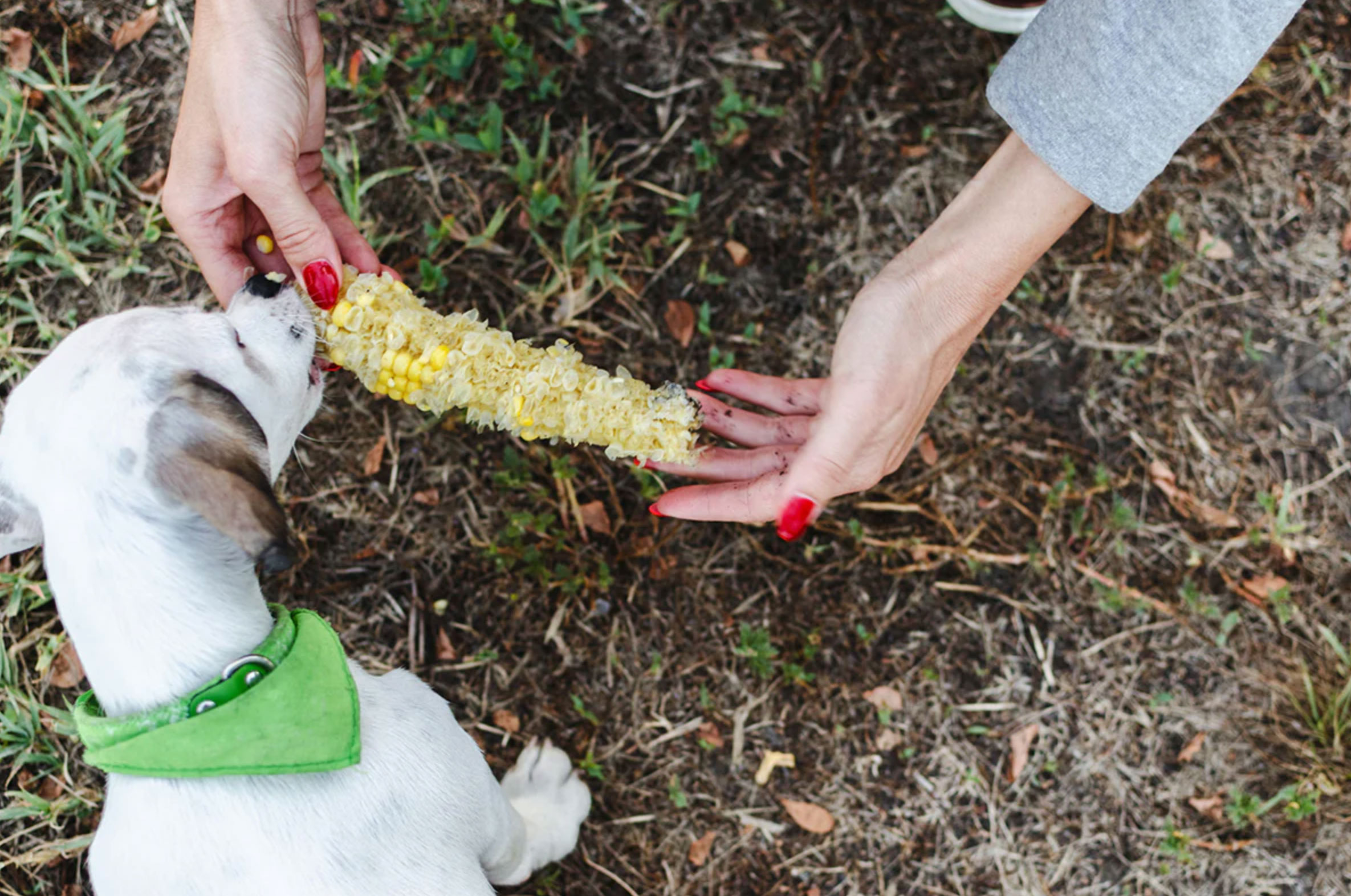
No, dogs should never eat corn on the cob. While the corn itself is safe, the cob poses a serious choking hazard and can cause intestinal blockages if swallowed. Many dogs are tempted to chew or even eat the whole cob, which can be very dangerous. Always remove corn kernels from the cob before offering them to your pet.
Sweet Corn vs. Field Corn: Which Is Better For Dogs?
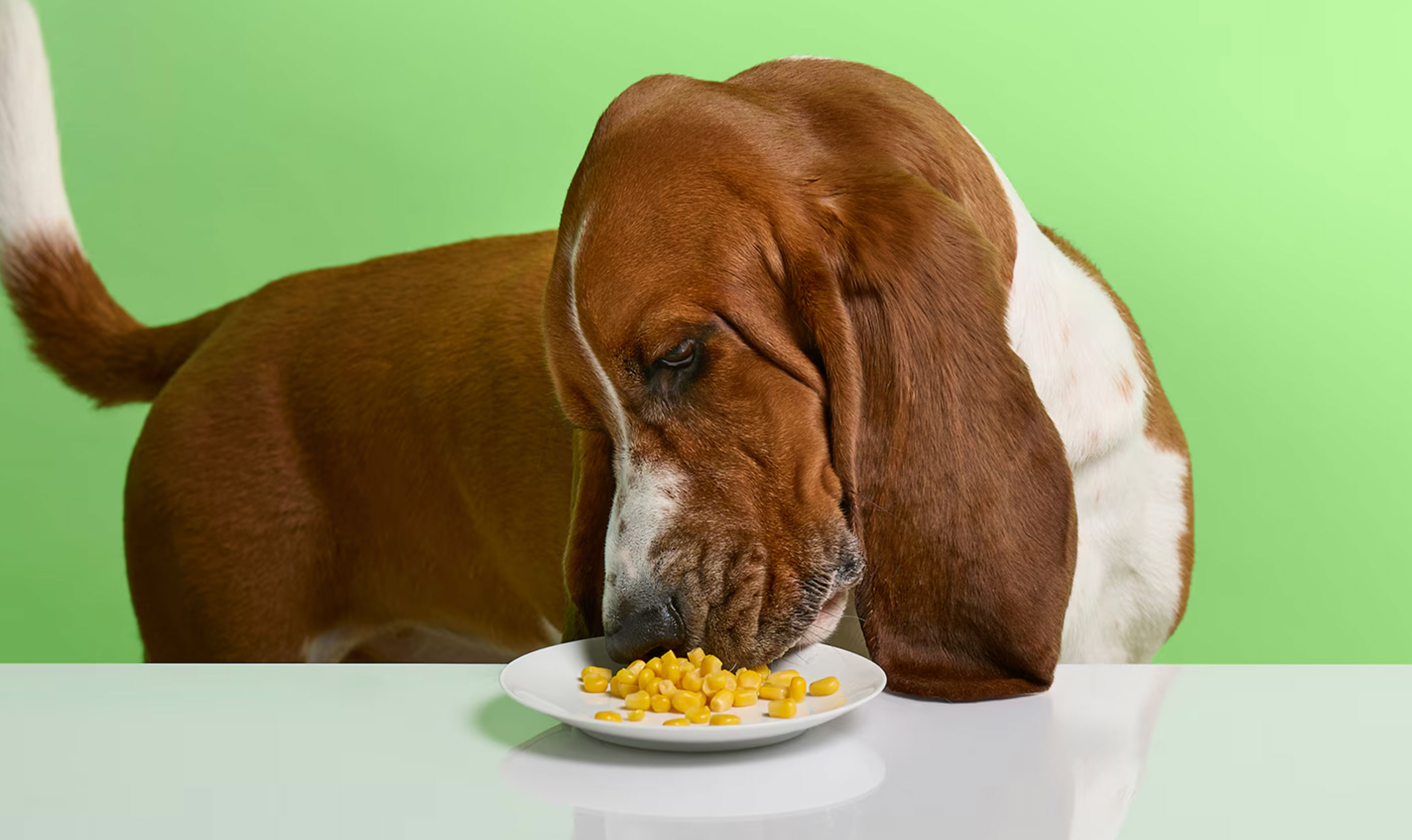
Sweet corn, the kind most commonly found in grocery stores and served at meals, is safe for dogs in moderation. It’s softer and easier to digest than field corn, which is typically used in livestock feed and processed foods. Avoid feeding your dog processed corn products, such as corn chips or corn bread, as they may contain additives, salt, and sugars that are unhealthy for pets.
How Much Corn Can Dogs Eat?
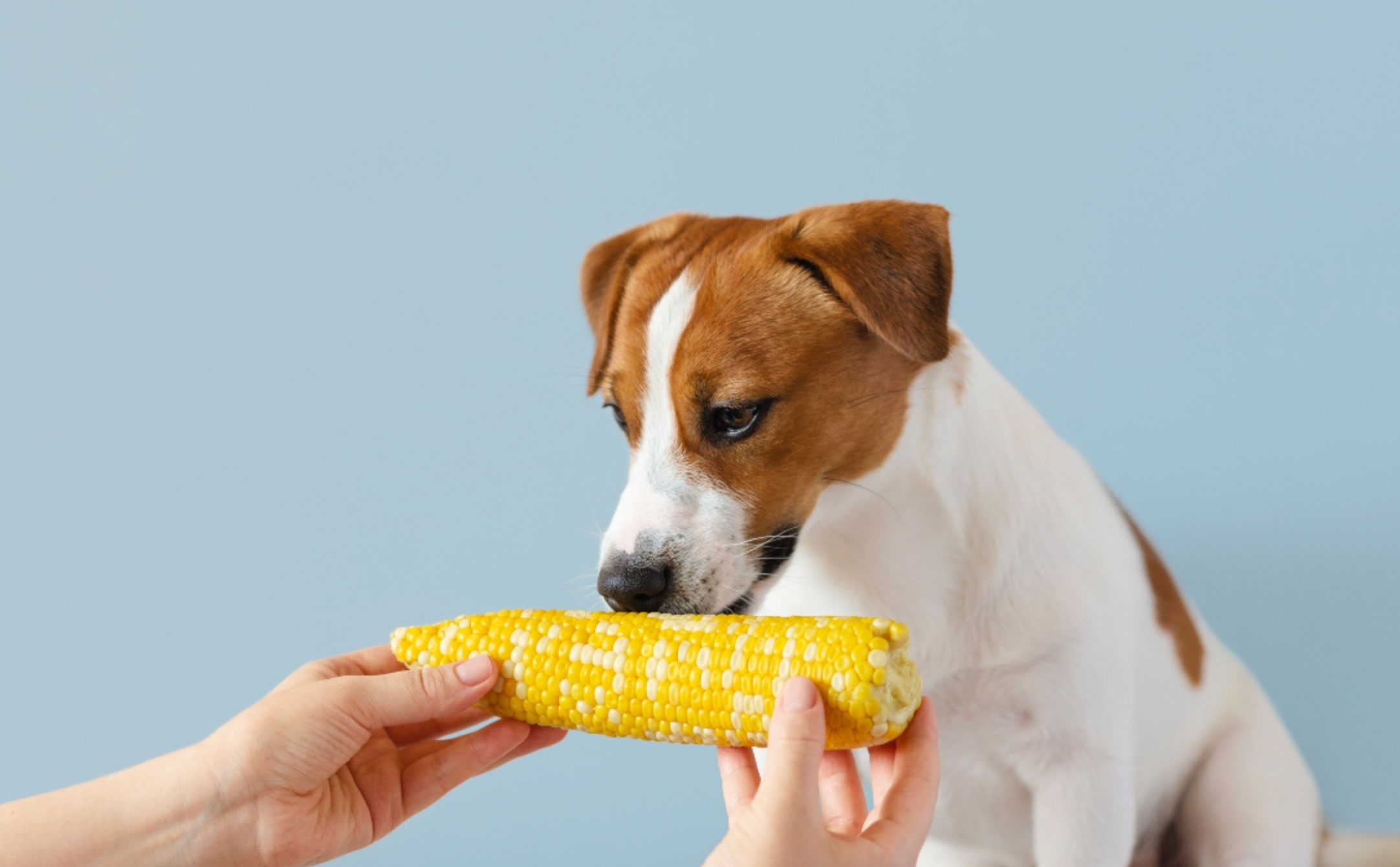
Moderation is key when it comes to feeding dogs corn. A few tablespoons of cooked, plain corn kernels are usually safe for most medium to large dogs. For small dogs, reduce the portion accordingly. Always consider your dog’s overall diet and caloric needs before adding any new food, including corn. Use corn as an occasional treat, not a daily staple.
Is Corn Good For Dogs With Allergies?
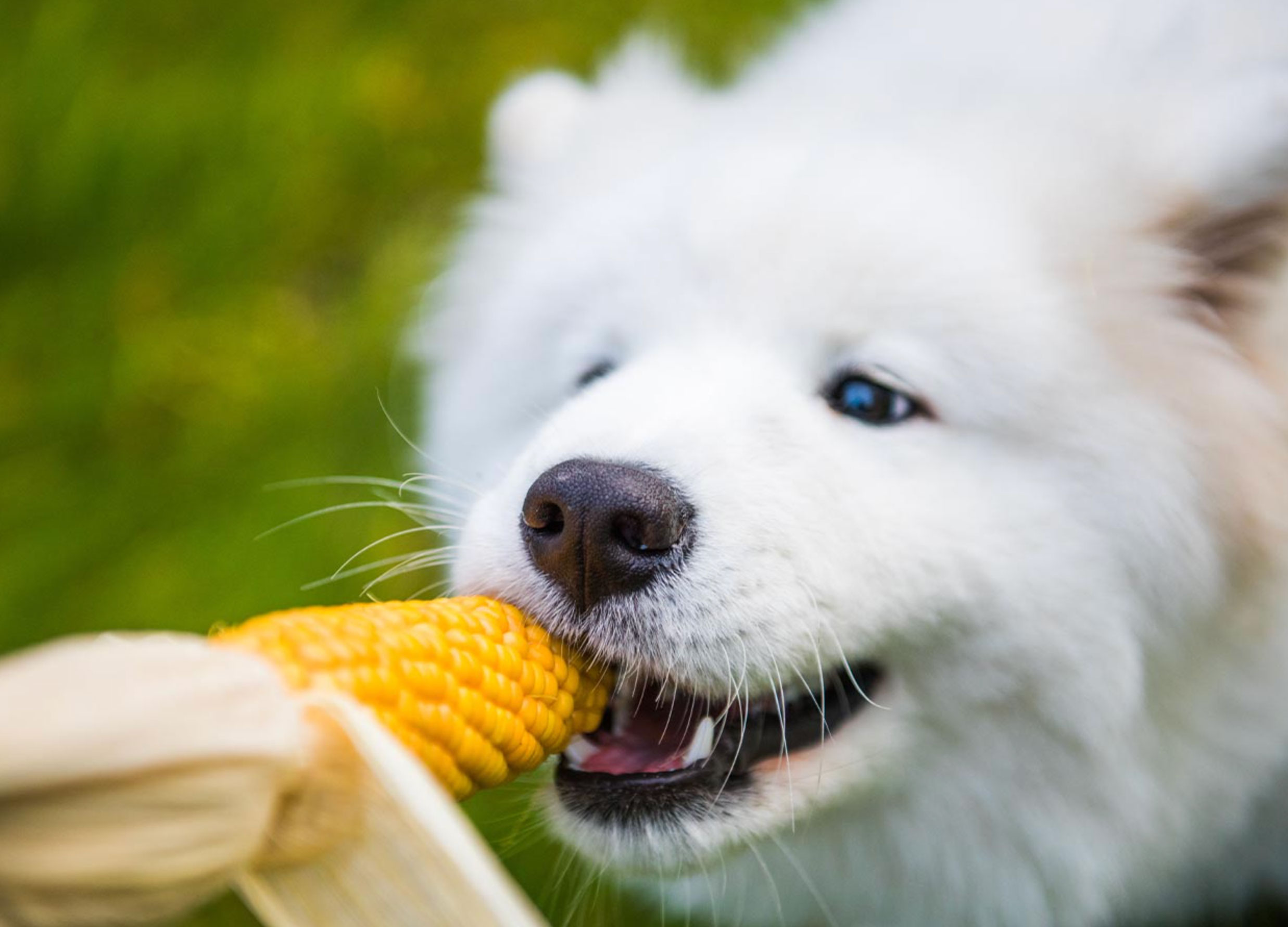
While corn is generally safe for most dogs, a small number may have allergies or sensitivities to it. Symptoms can include itching, digestive upset, or ear infections. If your dog shows signs of an allergic reaction after eating corn, consult your veterinarian. For dogs with known food allergies, it’s best to avoid common allergens like corn and introduce new foods cautiously.
Can Dogs Eat Popcorn?
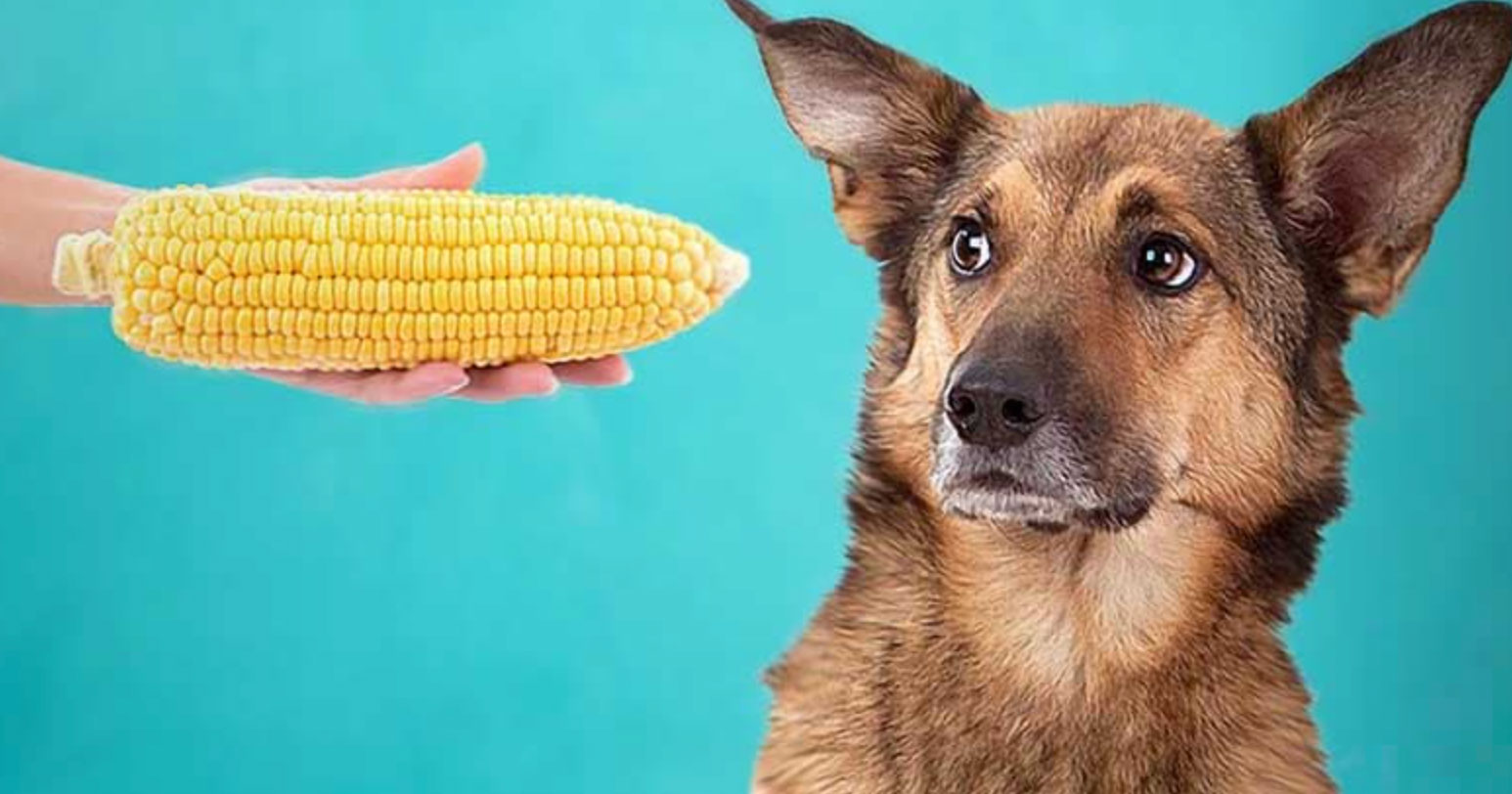
Plain, air-popped popcorn can be a fun and safe treat for dogs in moderation. However, avoid popcorn with butter, salt, or other seasonings, which can be harmful. Make sure all kernels are fully popped, as unpopped kernels can pose a choking hazard or damage teeth. Only offer popcorn as an occasional snack and not a dietary staple.
Best Ways To Feed Corn To Dogs
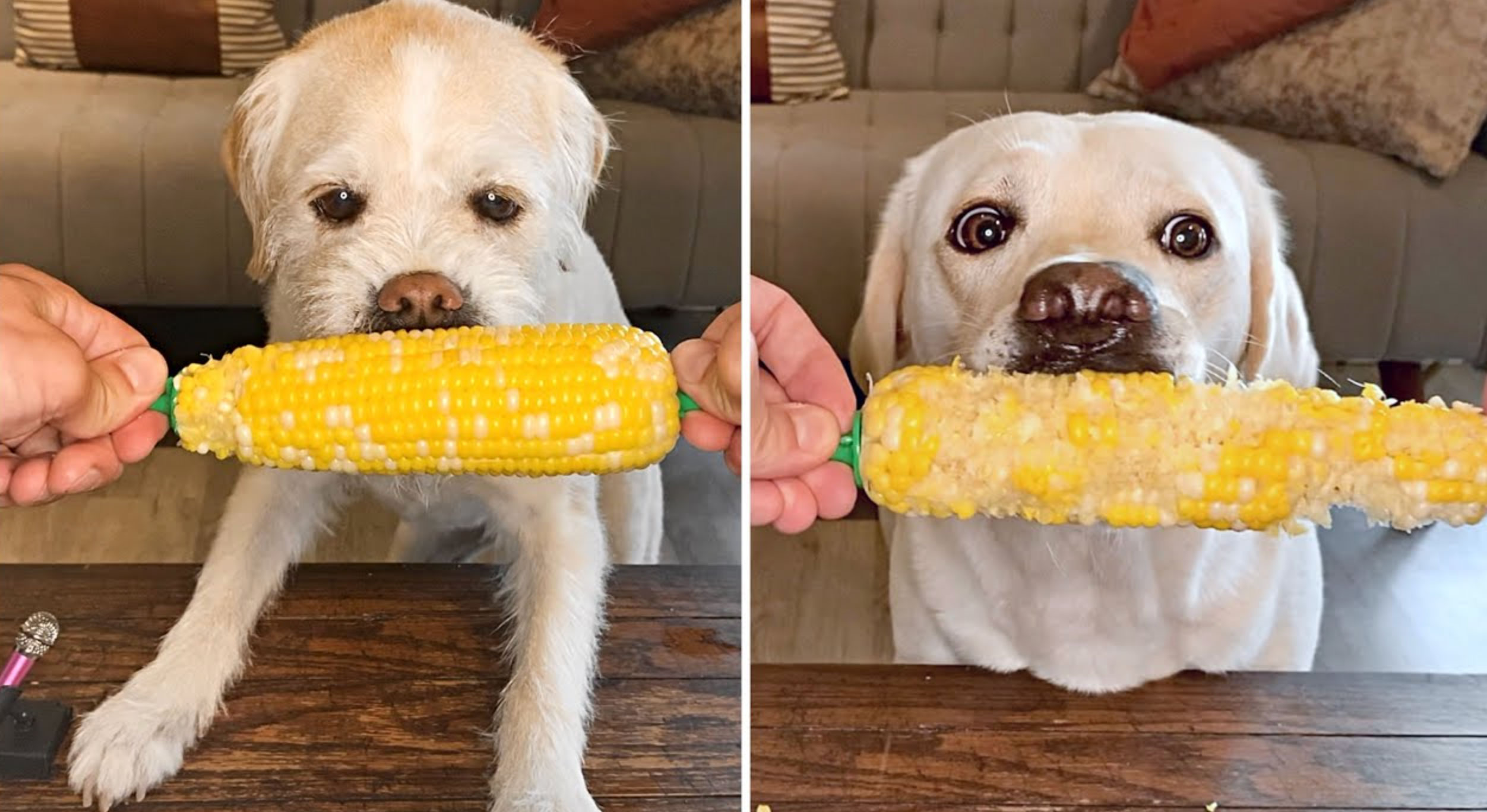
The best way to feed corn to your dog is cooked and plain with no added salt, butter, or seasoning. Boiled or steamed corn kernels are easy to prepare and gentle on your dog’s digestive system. Avoid giving your dog canned corn with preservatives or sweeteners. Always monitor your dog after trying a new food to watch for any adverse reactions.
When To Avoid Feeding Corn To Dogs
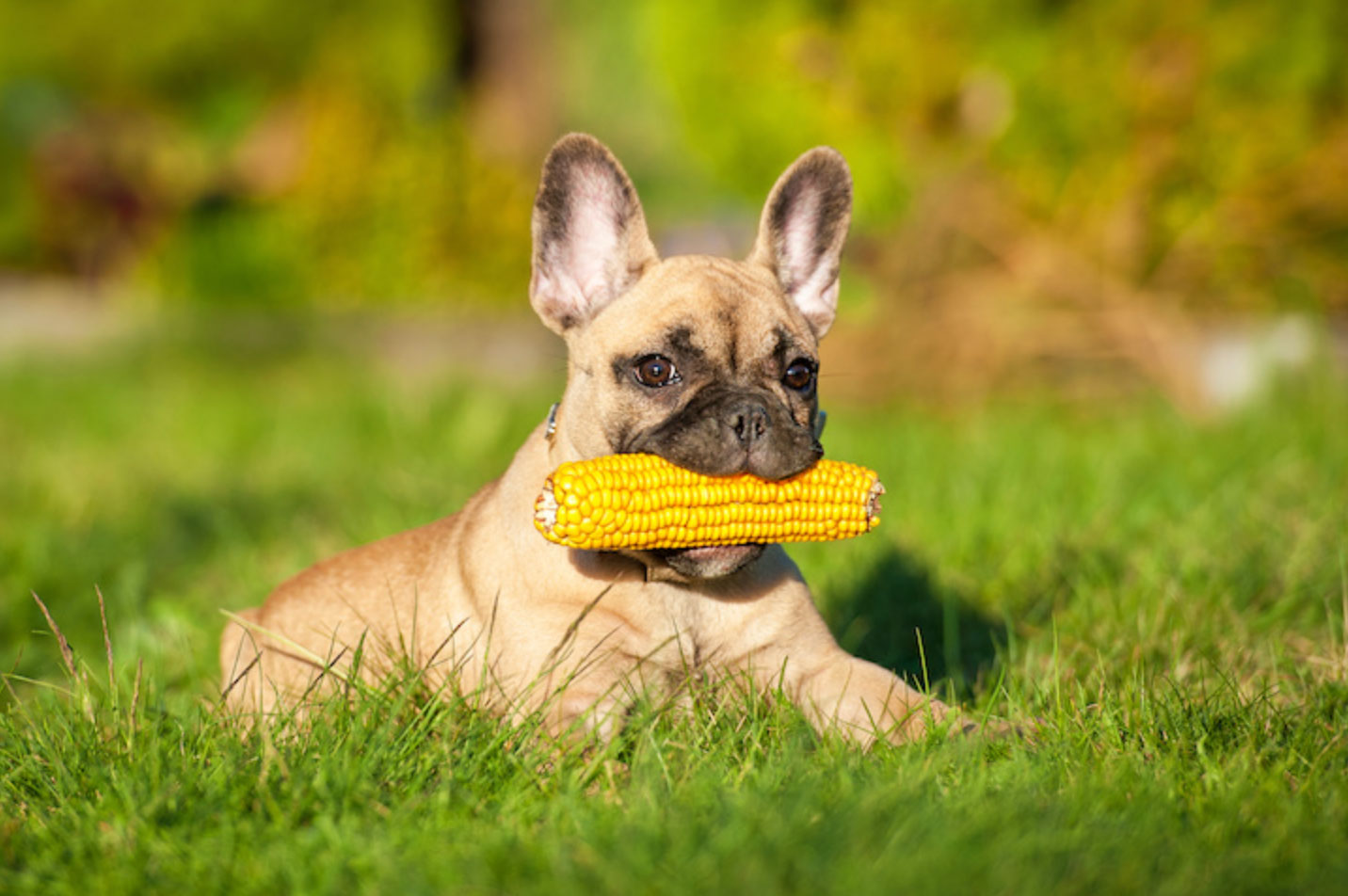
Avoid feeding corn to dogs with known corn allergies, digestive issues, or obesity. Corn is high in carbohydrates and can contribute to weight gain if overfed. Also, steer clear of processed corn snacks and food containing harmful additives. If your dog has any underlying health conditions, consult with your veterinarian before introducing corn or any new food to their diet.
So, can dogs eat corn? Yes, when fed properly and in moderation, corn can be a safe and nutritious treat for most dogs. Always serve it plain, cooked, and removed from the cob. Keep an eye on portion sizes and monitor for any allergic reactions. When in doubt, consult with your vet to determine what’s best for your dog’s specific dietary needs. With the right approach, your furry friend can enjoy a bit of corn as a tasty, healthy snack.

